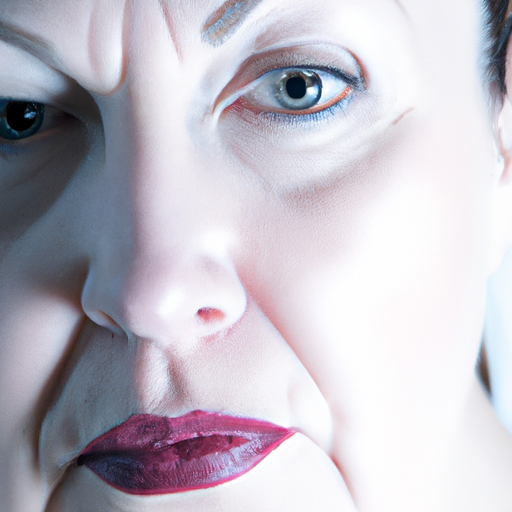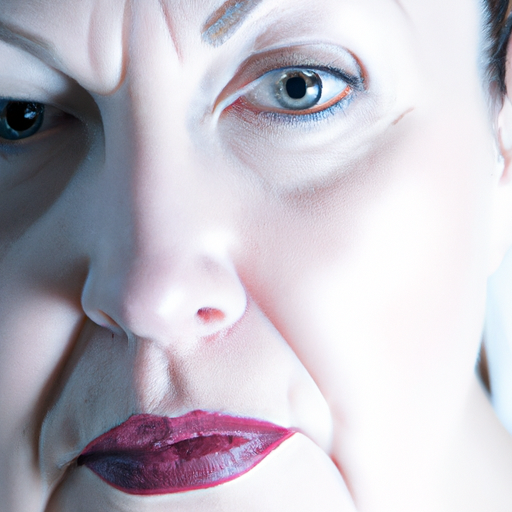Acne is a common skin condition that affects people of all ages, but it is particularly prevalent among teenagers and young adults. It is characterized by the appearance of pimples, blackheads, whiteheads, and cysts on the face, neck, chest, and back. As a medical professional, I can attest to the physical discomfort and emotional distress acne can cause. Hence, it is crucial to understand its diagnosis and treatment options.
The diagnosis of acne is typically straightforward. It involves a visual examination of the skin, taking into account the type and severity of the lesions. In some cases, a dermatologist may perform additional tests to rule out underlying conditions that could be contributing to the acne, such as hormonal imbalances or polycystic ovary syndrome.
Acne occurs when the skin’s oil glands produce too much sebum, an oily substance that lubricates the skin and hair. This excess sebum can clog pores, leading to the growth of bacteria known as Propionibacterium acnes. The body’s immune system responds to this bacterial growth by causing inflammation, resulting in the red, swollen bumps we recognize as acne.
Treatment for acne varies depending on its severity and the patient’s individual circumstances. Mild acne can often be managed with over-the-counter topical treatments containing salicylic acid or benzoyl peroxide. These ingredients work by reducing oil production and killing bacteria, respectively.
For moderate to severe acne, prescription medications may be necessary. Topical retinoids are commonly prescribed to unclog pores and prevent new breakouts. Oral antibiotics may be used to reduce inflammation and kill excess bacteria. In some cases, hormonal therapies like birth control pills or spironolactone can help regulate hormone levels and reduce acne.
For women with severe acne that doesn’t respond to other treatments, a powerful medication called isotretinoin may be an option. This drug reduces the size of oil glands and the amount of oil they produce, effectively treating acne at its source. However, due to its potential side effects, isotretinoin is typically used as a last resort.
In addition to these medical treatments, lifestyle changes can also help manage acne. Maintaining a healthy diet, getting regular exercise, and practicing good skincare hygiene can all contribute to clearer skin. It’s also important to avoid picking or squeezing pimples, as this can lead to scarring and further inflammation.
It’s worth noting that while acne is a common condition, it’s not one that individuals should have to endure without help. If you’re struggling with acne, I encourage you to seek medical advice. There are numerous treatment options available, and with the right approach, you can effectively manage your symptoms and improve your skin health.
In conclusion, acne is a multifaceted condition that requires a comprehensive approach for successful treatment. By understanding its causes and exploring various treatment options, individuals suffering from acne can find relief and regain their confidence. As a doctor, I am committed to helping my patients unmask acne and reveal their healthiest skin.




